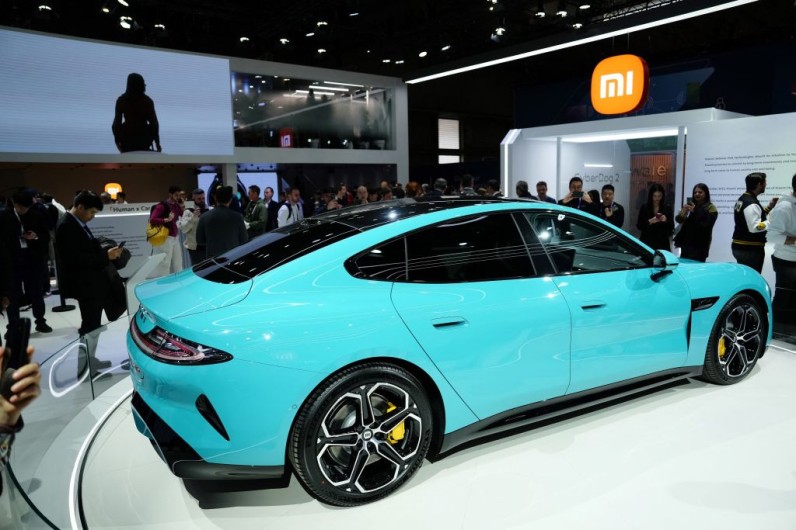
President Joe Biden's administration will announce the tariffs imposed on China as early as next week. Sources familiar with the matter revealed to Bloomberg that the Biden administration has finished reviewing the tariffs imposed under Section 301 during Donald Trump's presidency, which began in 2018.
The decision, which will be announced soon, will involve imposing new tariffs, with a focus on important industries like electric vehicles, batteries, and solar cells.
These tariffs are expected to be introduced while keeping most of the existing tariffs on China intact.
Tariffs on the Chinese Market
Although the specifics of the new tariffs, including their rates and the sectors they will impact, remain unclear, the White House has refrained from commenting. It's also uncertain if any sectors will witness tariff reductions on specific goods, although significant decreases are not anticipated.
In response to the previous administration's tariffs, China's Foreign Ministry criticized the disruptions they caused to economic and trade relations between the two nations, urging Washington to revoke the restrictions.
The Ministry affirmed China's determination to protect its rights and interests, especially in the face of potential future tariff hikes.
Last month, VCPost reported that China has extended exemptions on certain US imports from higher tariffs until the end of November. This means that specific US goods will continue to be excluded from increased tariffs that China might impose, part of a trade defense strategy amid ongoing trade disputes with the US.
After November, unless there's a subsequent extension or change in policy, the same tariffs may now apply to the affected US imports.
It's worth noting that while the tariffs might not have an immediate effect on Chinese companies, their announcement shows that the US and China rivalry continues, which threatens to dip global GDP by 7%.







Join the Conversation